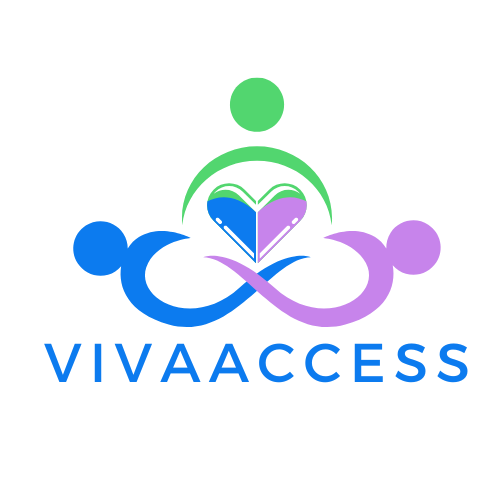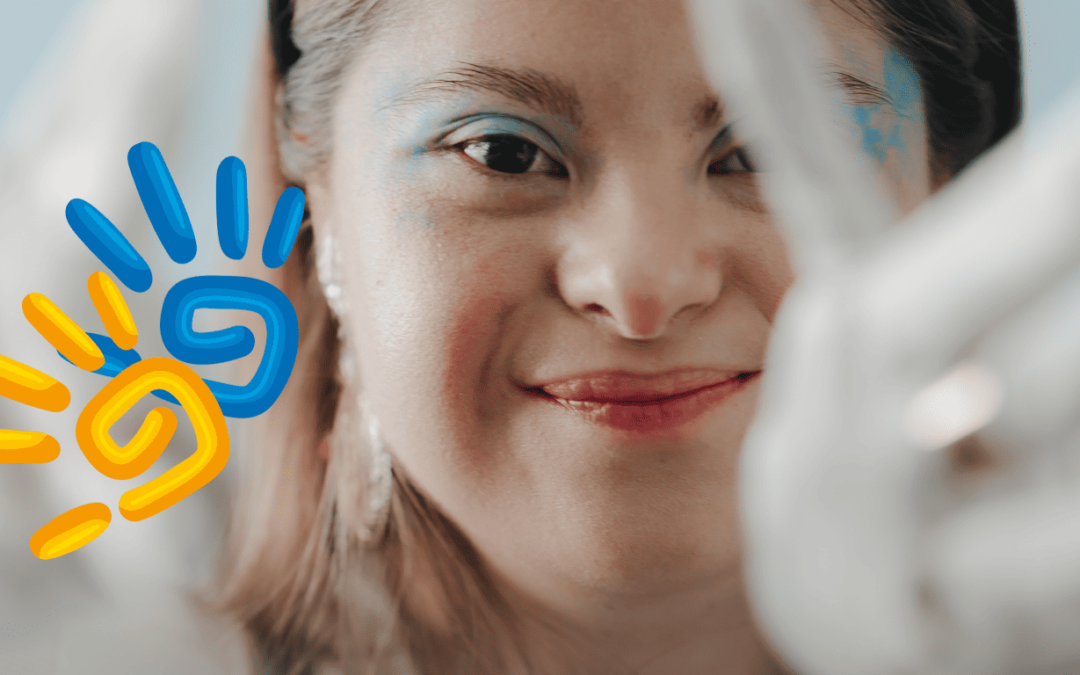Characteristic of Down syndrome
- Intellectual Disability: This is one of the hallmark features of Down syndrome. It typically ranges from mild to moderate, although there can be considerable variation among individuals. Intellectual disability may affect cognitive abilities such as learning, problem-solving, and adaptive functioning. However, with appropriate support, individuals with Down syndrome can develop valuable skills and lead fulfilling lives.
- Poor Muscle Tone (Hypotonia): Hypotonia is characterized by reduced muscle tone or strength. It can affect gross motor skills, fine motor skills, and overall physical development. Babies with Down syndrome may appear “floppy” or have difficulty holding their heads up, sitting, or standing. Physical therapy and targeted interventions can help improve muscle tone and motor skills over time.
- Distinctive Facial Features: People with Down syndrome often have facial features that are characteristic of the condition. These may include almond-shaped eyes with an upward slant, a flattened facial profile, small ears, a protruding tongue (due to a smaller oral cavity), and a shorter neck. While these features can vary in degree among individuals, they are commonly observed and may aid in diagnosing the condition.
- Short Stature: Individuals with Down syndrome typically have shorter stature compared to the general population. This is influenced by factors such as genetics and growth hormone levels. Despite their shorter stature, individuals with Down syndrome can still achieve a healthy and active lifestyle with appropriate medical care and support.
- Unique Hand and Foot Features: Some physical features of the hands and feet are more common in individuals with Down syndrome. These may include a single transverse palmar crease (also known as a simian crease), shorter fingers, and a wider gap between the first and second toes. While these features are not present in all individuals with Down syndrome, they can be additional indicators when diagnosing the condition.
- Health Complications: Individuals with Down syndrome have an increased risk of certain health conditions compared to the general population. These may include congenital heart defects, gastrointestinal issues (such as reflux or celiac disease), thyroid disorders (particularly hypothyroidism), hearing and vision problems, leukemia, and early-onset Alzheimer’s disease. Regular medical screenings and interventions are important for managing these potential health issues effectively.
- Developmental Delays: Children with Down syndrome often reach developmental milestones, such as sitting, crawling, walking, and talking, at a slower pace than their typically developing peers. Early intervention services, including speech therapy, occupational therapy, and physical therapy, can help support their development and maximize their potential.
- Behavioral Traits: Individuals with Down syndrome are often described as having warm, affectionate, and sociable personalities. They may exhibit friendly and patient behavior, with a natural inclination towards forming connections with others. While behavioral characteristics can vary among individuals, many people with Down syndrome contribute positively to their families, communities, and social networks.







